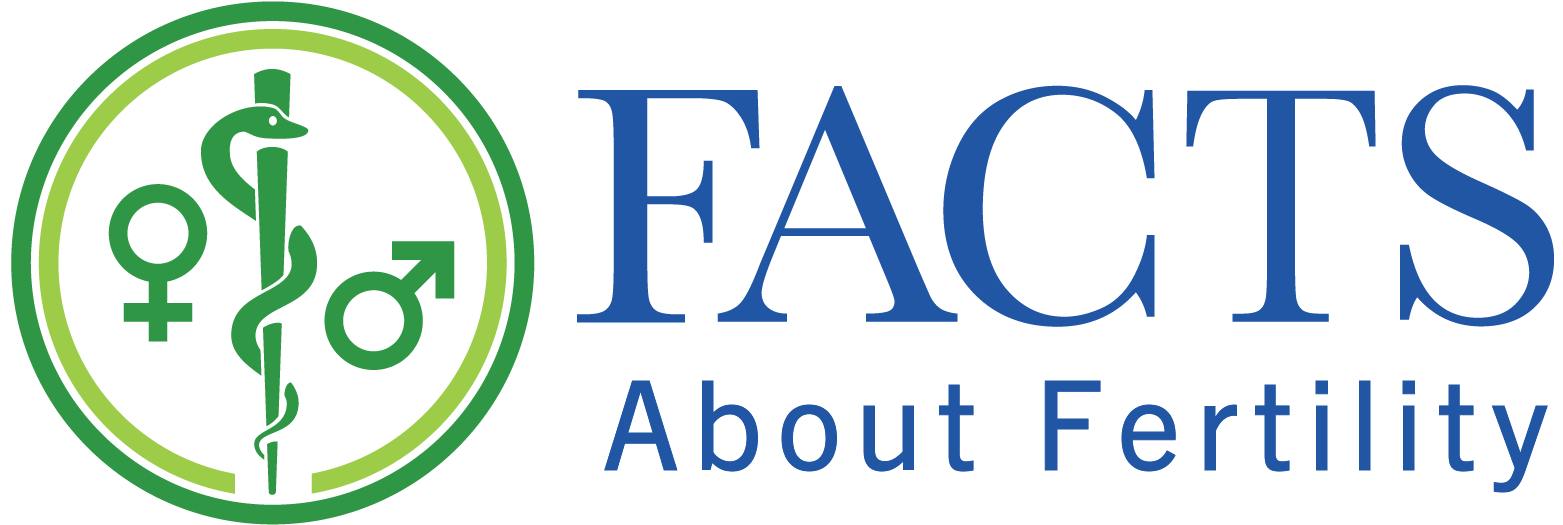By: Nicole Neville
Editor’s Note : Although the impact of hormonal dysfunction on mental health has been researched for decades, the prevalence of these associations has not been studied among different ethnicities. Delanerolle et al reviewed the existing data in their study from the United Kingdom titled, “A Systematic Review and Meta-analysis of Polycystic Ovary Syndrome and Mental Health among Black Asian Minority Ethnic Populations.” [1] While on the FACTS elective , Nicole Neville summarized their study, which provides new insights that should help guide aspects of PCOS management as well as future research.
* Early Bird Deadline for our Virtual Conference is THIS, Wednesday, the 10 th so sign up today.
Introduction
Polycystic ovary syndrome (PCOS) is an endocrine disorder that affects 8-13% of women of reproductive age in the United States. It is associated with metabolic syndrome, higher infertility rates, and negative impact on mental health. Prior studies assessed the association between PCOS and mental health, but none have specifically looked at correlations among different ethnicities. The study by Delanerolle et al [1] summarized below provides a systematic review and meta-analysis of the available literature regarding polycystic ovary syndrome and how it affects mental health in Black Asian populations. The study summarizes available evidence and discusses the need for more in depth analysis for specific ethnic groups moving forward.
“Polycystic ovary syndrome (PCOS) … is associated with metabolic syndrome, higher infertility rates, and negative impact on mental health.”
Methodology
The search included multiple databases of EMBASE, PubMed, PsycINFO, Science Direct, and Web of Science, and all peer-reviewed articles in English were included. Depression was measured using several different ranges of scales and tools. The search included a number of key words as well as studies that contained mental health symptoms or psychiatric diagnoses, including anxiety and/or depression.
The data were extracted based on Preferred Reporting Items for Systematic Reviews and Meta-Analyses (PRISMA) criteria. Three reviewers appraised the data prior to statistical analysis. A Random Effects model was used to calculate the overall summary estimates of anxiety, depression, and general mental health in patients with PCOS. The prevalence of these mental health disorders was synthesized using a meta-analysis.
Results
The review included 30 studies and data from nearly 4,000 women with PCOS. The study found that major depressive disorder affected 17% of patients with PCOS, with a range from 0% to 67%. The research noted a high prevalence of depression and anxiety in studies analyzed from the United States but identified a lack of consistency across the studies, which is seen by the variation in depression rates. Black, Asian, and other underserved populations were also found to have a higher prevalence of mental health disorders outside of PCOS, and those conditions were exacerbated by the endocrine disorder. Furthermore, the study found that, overwhelmingly, PCOS has a negative impact on women (as high as 74.9% of women in one study analyzed), and they are unlikely to speak with their general practitioners about their mental health symptoms unless they revolve around infertility.
“The study found that major depressive disorder affected 17% of patients with PCOS (and) that, overwhelmingly, PCOS has a negative impact on women.”

Discussion
Delanerolle et al did an excellent job of analyzing the existing data on women with PCOS and how the condition affects their mental health. The authors call for more thorough screenings for PCOS in underserved populations along with specific research about PCOS in these populations while also demonstrating the lack of research and high-quality data available for analysis. The studies included represented many different countries, showing that some research has been done among various ethnicities, but none specifically assessing for differences in mental health parameters and correlations with ethnicity.
“The authors call for more thorough screenings for PCOS in underserved populations along with specific research about PCOS… specifically assessing for differences in mental health parameters and correlations with ethnicity.”
This article highlights that having PCOS has a significant negative impact on a woman’s mental health. In fact, many women who have PCOS have some type of mental health condition, whether anxiety, depression, or a combination of the two. The article also notes that, historically, women who are ethnic minorities have higher rates of mental health problems in general which are further exacerbated by PCOS. The authors emphasize the importance of early screening for PCOS and mental health in ethnic minorities to help them navigate this chronic condition. Furthermore, given the relationship between PCOS and mental health disorders, future research will require greater ethnic minority representation to accurately define how mental health affects these populations.
References
[1] Delanerolle, G., Ayis, S., Barzilova, V., Phiri, P., Zeng, Y., Ranaweera, S., Shetty, A., Haque, N., Kar, D., Majumder, K., Rathod, S., Raymont, V., Shi, J. Q., & Hapangama, D. K. (2022). A Systematic Review and Meta-analysis of Polycystic Ovary Syndrome and Mental Health among Black Asian Minority Ethnic Populations. https://doi.org/10.1101/2022.03.05.22271948
ABOUT THE AUTHOR
Nicole Neville
Nicole Neville wrote this research summary as a fourth-year medical student at Kansas City University in Kansas City, MO. She completed an undergraduate degree in exercise science at Truman State University. She is pursuing residency in family medicine and is passionate about addressing health inequity and social determinants of health. She enrolled in the FACTS elective to gain a better understanding of the various birth control methods available to people trying to avoid pregnancy.
Inspired by what you read?
You can support the ongoing work of FACTS here. To connect with a member of our team, please email development@FACTSaboutFertility.org. Interested in becoming an individual or organizational member? You can learn more and register here. To discuss with a member of our team, please email membership@FACTSaboutFertility.org.





